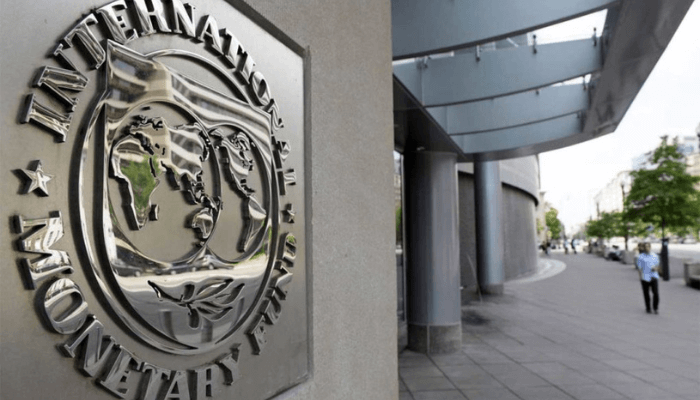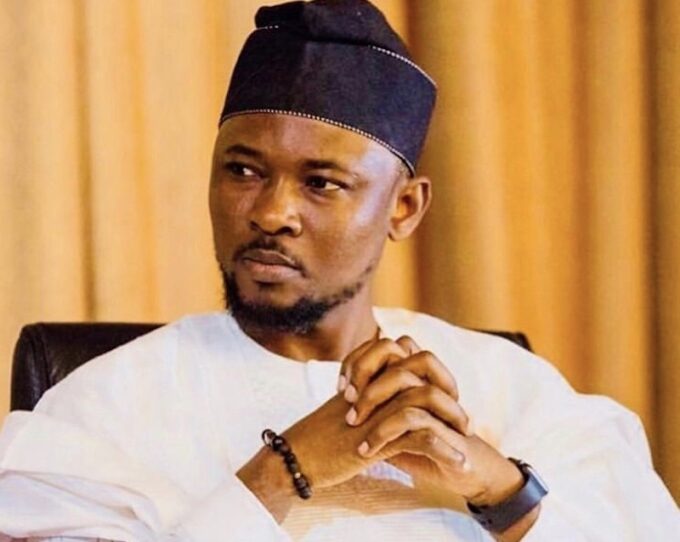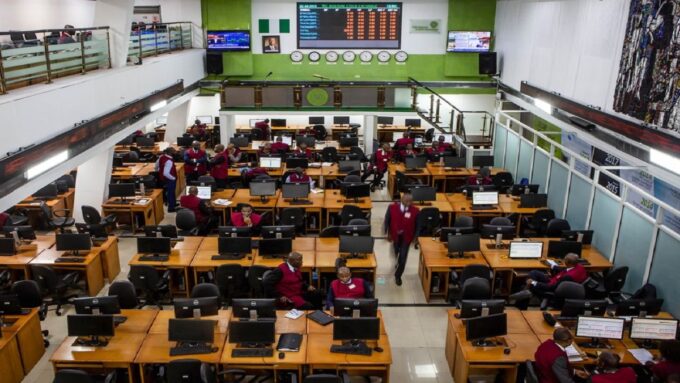• As Tinubu unveils energy transition plan
By Uche Usim and Juliana Taiwo-Obalonye, Abuja
The International Monetary Fund (IMF) has urged the federal government to ensure that energy subsidy reforms are inclusive and do not disproportionately burden poor and vulnerable Nigerians.
The caution comes as President Bola Tinubu officially unveiled Nigeria’s energy transition plan yesterday, saying the move reaffirms his administration’s commitment to cleaner energy, while balancing fiscal sustainability with social equity.
At the launch of its April 2025 Fiscal Monitor, Deputy Director, IMF’s Fiscal Affairs Department, Era Dabla-Norris, noted that energy subsidies remain a significant fiscal drain on many developing economies, including Nigeria, adding that reforms must be carefully designed to ensure they do not deepen inequality or undermine livelihoods.
“Energy subsidy reforms are politically challenging because they immediately affect the pockets of citizens and small firms.
“But these reforms are crucial to boosting energy efficiency, generating fiscal savings and redirecting public funds to essential infrastructure and social services”, Dabla-Norris stated.
According to the IMF, energy subsidies account for approximately 1.5 percent of GDP across many emerging and developing nations. Although eliminating these subsidies can unlock fiscal space and improve energy efficiency, the process can also inflame public discontent if not implemented with care, especially in countries where trust in government remains fragile.
“In Nigeria’s case, ensuring transparency and building public consensus will be vital to success. Countries that successfully implemented these reforms, such as Colombia and Morocco, did so by pre-announcing changes, engaging the public, and implementing support measures upfront.
“Although energy subsidies are often deemed inefficient and regressive, frequently benefiting wealthier households more than the poor, they also play a critical role in cushioning low-income groups and sustaining small-scale enterprises, the IMF said.
Meanwhile, President Bola Tinubu has urged world leaders to act decisively on the escalating global climate crisis, emphasising that the time for climate action is not tomorrow but now.
In a statement by his Special Adviser on Information and Strategy, Bayo Onanuga, the President called for unity, courage and sustained leadership to tackle climate change, while promoting economic growth simultaneously.
“The global climate emergency demands our collective, courageous and sustained leadership. For Nigeria, the urgency of this moment is clear: we view climate action not as a cost to development, but as a strategic imperative,” he stated.
The dialogue, co-hosted by the UN Secretary-General, António Guterres and the Brazilian President, Luiz Inácio Lula da Silva, gathered leaders from 17 countries and key regional blocs to accelerate climate ambition ahead of COP30 in Brazil.
Tinubu outlined Nigeria’s Energy Transition Plan (ETP), targeting net-zero emissions by 2060 across five sectors including power, cooking, transportation, oil and gas and industry. The plan requires over $410 billion in financing by 2060.
“We are aligning our regulatory environment, fiscal incentives and institutional frameworks to ensure energy access, decarbonisation and economic competitiveness proceed in lockstep,” he explained.
He highlighted Nigeria’s leadership in the Mission 300 initiative with the World Bank and African Development Bank, aiming to provide electricity to 300 million Africans by 2030 and referenced Nigeria’s National Energy Compact, which sets measurable targets for expanding clean energy and cooking solutions.
Tinubu also announced the finalisation of the Nigeria Carbon Market Activation Policy, expected to unlock up to $2.5 billion by 2030 through carbon credits and investments.
Furthermore, Nigeria is updating its Nationally Determined Contributions (NDCs) to present a comprehensive revision by September 2025.
“Our climate strategy is not limited to planning and regulation; it is also rooted in market reform.
We are positioning Nigeria as a premier destination for climate-smart investment through a Global Climate Change Investment Fund,” he said.
He said the fund would support green industrial hubs, e-mobility infrastructure, regenerative agriculture and renewable energy mini-grids.
President Tinubu expressed gratitude to international partners, including the United Nations and Sustainable Energy for All, for their support, underscoring that “these partnerships are a shining example of the value of multilateral cooperation in climate delivery.
“The time for climate action is not tomorrow; it is now”, he noted.


















Leave a comment